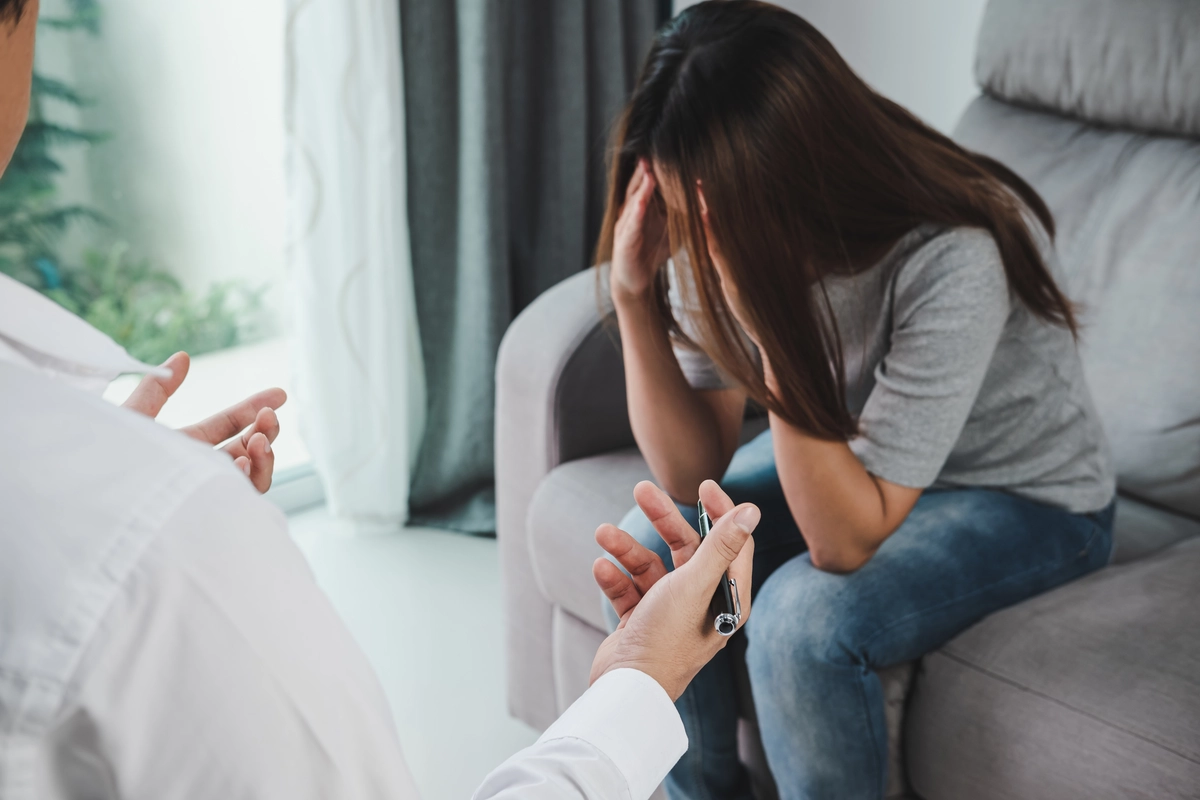24/7 Helpline:
(866) 899-221924/7 Helpline:
(866) 899-2219
Learn more about Opioid Rehab centers in Union County

Other Insurance Options

UnitedHealth Group

Ambetter

Choice Care Network

Coventry Health Care

Group Health Incorporated

Absolute Total Care

Health Choice

Evernorth

Meritain

Cigna

Providence

Access to Recovery (ATR) Voucher

GEHA

Kaiser Permanente

Horizon Healthcare Service

American Behavioral

Sutter

Optima

MVP Healthcare

Aetna

Oxford Treatment Center
Oxford Treatment Center, in Etta, Mississippi, is a luxury, 12 step focused drug and alcohol rehab f...










































